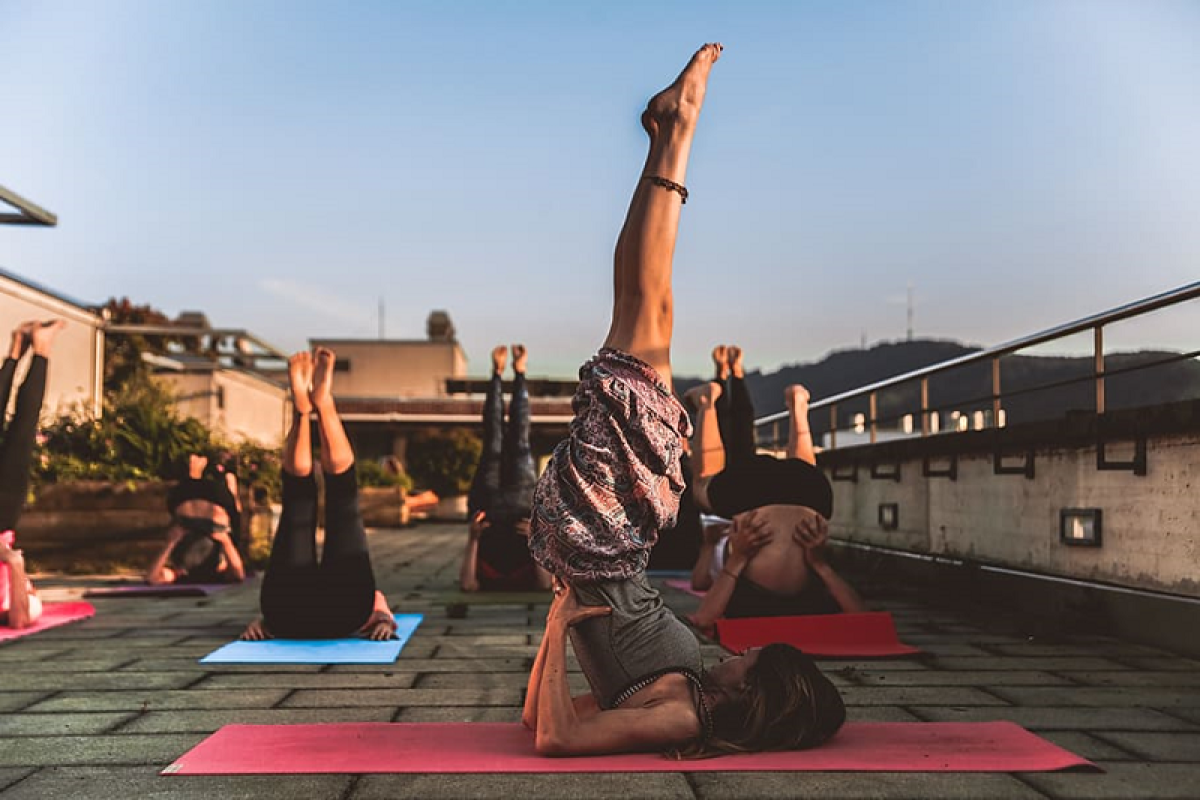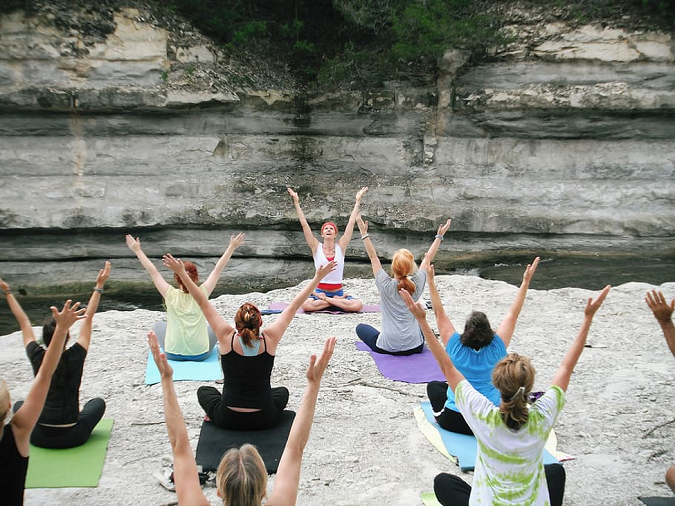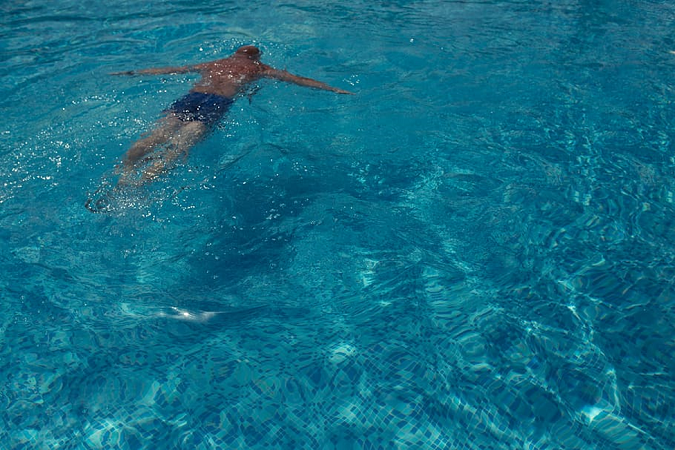Best Physical Activities to Help You Reduce Stress

Today's fast-paced life has led to people being constantly stressed. Stress has become a common occurrence in our modern lives, affecting not only our physical health, but also our mental health.
Failure to do something to reduce stress in your life and help you relax and feel less anxious may eventually result in illness. This is why it's vital to workout and stay physically active to shift focus from stressful situations to more positive and enjoyable ones.
Engaging in physical activities and exercise are among the best ways to reduce stress. It decreases cortisol (a stress hormone) and increases endorphin (a feel-good hormone that triggers a positive feeling in the body, similar to that of morphine).
Moreover, engaging in physical activities and exercise tends to be accompanied by a positive and energizing outlook on life. Carefully selected physical activity will not only increase fitness, strengthen the body, and improve mood, but it also improves your state of mind, contributes to better quality of sleep, and increases a sense of calm and wellness.
Most Effective Stress Reduction Activities
Besides jogging, running, and dancing to ease stress, there are many other physical activities you can engage in to specifically relieve stress.
Among the top most effective stress reduction activities are:
1. Yoga
Exercising daily is like a complete detoxification of your entire body.
Practicing a series of yoga poses and movements combined with deep breathing brings the body into balance. These exercises, in addition to relieving stress, reduce blood pressure, and make you become mentally and physically stronger.
For stress reduction for beginners, it may be enough to practice yoga daily for 15 minutes.
How Yoga Helps You Relieve Stress
When performing yoga exercises, deep breathing is applied which leads to relaxation of the body. Yoga requires concentration and focus on the movements you perform, not on the worrying and the source of your stress.

2. Walking
This is an easy way to reduce stress, which requires only comfortable footwear. If you are not a physical type and do not like to do exercises, then walk.
The effects of walking are like going to the gym. You will burn the calories gained from any stress eating, which is common for many people who resort to this type of diet when stressed.
Research shows that walking in nature can be more effective for stress relief than walking in an urban environment. Enjoying nature and observing the environment effectively divert thoughts from stressful situations.
How walking helps you relieve stress
Walking is effective because it relieves muscle tension, deepens breathing and calms the nervous system. Walking also releases endorphins, and this effect has been found to be stronger in those who walk faster, but is also noticeable in those who have a slower pace.
Once walking becomes a habit, you can increase the frequency and duration of walks. 5-6 walks of 30 minutes a week will be enough to keep your health and stress under control.

3. Cycling
If you spend a lot of time indoors, you can opt for cycling as one of the most effective activities to combat stress.
Cycling is a great activity because it is easily accessible and allows us staying in the fresh air. When you exercise cycling, your body produces dopamine, which boosts your mood.
How cycling helps reduce stress
When cycling, blood flow increases and oxygen reaches the brain faster. While driving, you are forced to regulate your breathing and breathe deeper to expel any residual CO2.
In addition to being great at reducing stress, cycling reduces the risk of heart disease, stimulates the lungs by allowing them to work more efficiently with faster use of oxygen, burns more fat, helps with weight loss.
The best bet is to ride the bike at a slow pace three times a week for 30 minutes.

4. Swimming
Swimming is a great physical activity to relieve stress. After a few laps in the pool you will feel refreshed and with significantly increased energy.
In addition to stress reduction, swimming reduces the risk of cardiovascular problems and improves the immune system.
During swimming, about 680 calories is burned per hour. Regular swimming increases muscle tone, enhances the strength and endurance, improves sleep and mood.
How swimming reduces stress
Swimming relieves muscle pain and tension caused by improper posture. This activity stretches parts of the body that are neglected and causes them to relax.
When you are swimming, your level of endorphins is raised, which is responsible for good mood.

Conclusion
Ultimately, physical activity lowers cortisol while increasing endorphin levels - which promotes overall relaxation and stress-relief. Exercise also improves sleep quality, which is negatively affected by stress.
For adults, about 150 minutes of physical activity every week is enough to keep stress under control. So, go out there and get physical! It will boost your health, mood, and outlook on life.
Loading...




















![How Bloodborne Pathogen Training Works for Businesses [node:title]](/sites/default/files/styles/video_thumbnail_bottom/public/man-woman-white-robes-ppe-tube-glass-blood-slide.jpg?itok=2Pjvk9J0)